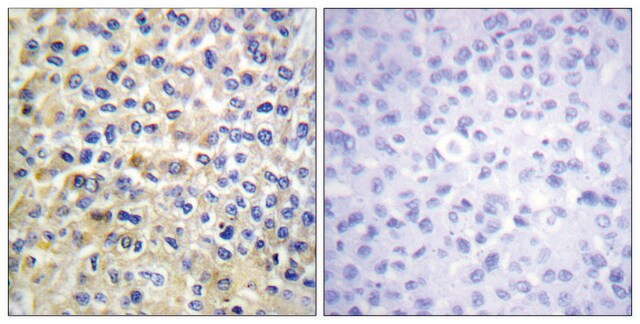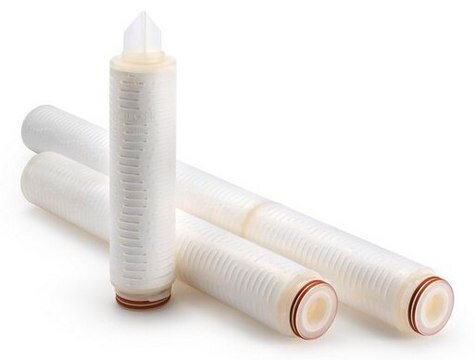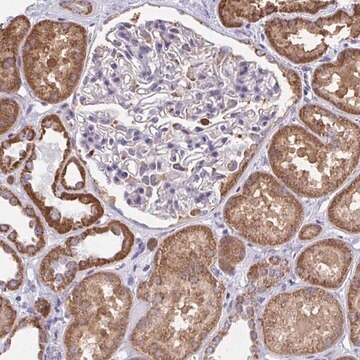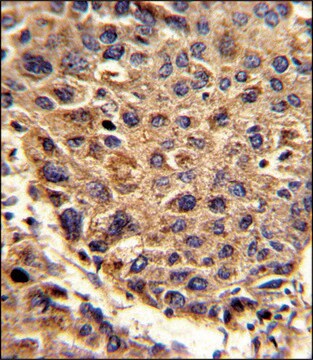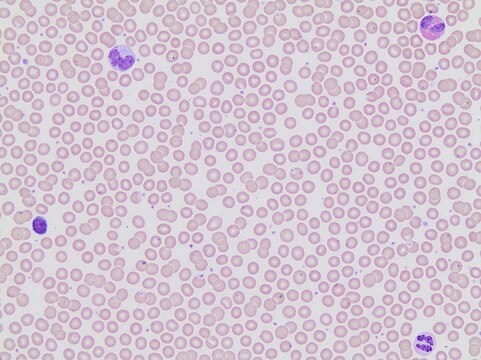GF32182534
Aluminum
wire reel, 10m, diameter 0.25mm, as drawn, 99.95+%
Sinonimo/i:
Aluminum, AL005155
Autenticatiper visualizzare i prezzi riservati alla tua organizzazione & contrattuali
About This Item
Formula empirica (notazione di Hill):
Al
Numero CAS:
Peso molecolare:
26.98
Numero MDL:
Codice UNSPSC:
12141702
ID PubChem:
NACRES:
NA.23
Prodotti consigliati
Saggio
99.95%
Forma fisica
wire
Temp. autoaccensione
1400 °F
Produttore/marchio commerciale
Goodfellow 321-825-34
Resistività
2.6548 μΩ-cm
L × diam.
10 m × 0.25 mm
P. eboll.
2460 °C (lit.)
Punto di fusione
660.37 °C (lit.)
Densità
2.7 g/mL at 25 °C (lit.)
Stringa SMILE
[Al]
InChI
1S/Al
XAGFODPZIPBFFR-UHFFFAOYSA-N
Descrizione generale
For updated SDS information please visit www.goodfellow.com.
Note legali
Product of Goodfellow
Codice della classe di stoccaggio
13 - Non Combustible Solids
Classe di pericolosità dell'acqua (WGK)
WGK 3
Punto d’infiammabilità (°F)
Not applicable
Punto d’infiammabilità (°C)
Not applicable
Scegli una delle versioni più recenti:
Certificati d'analisi (COA)
Lot/Batch Number
Ci dispiace, ma al momento non ci sono COA disponibili online per questo prodotto.
Se ti serve aiuto, non esitare a contattarci Servizio Clienti
Possiedi già questo prodotto?
I documenti relativi ai prodotti acquistati recentemente sono disponibili nell’Archivio dei documenti.
Vesa Riihimäki et al.
Critical reviews in toxicology, 42(10), 827-853 (2012-09-28)
Exposure to aluminum at work is widespread, and people are exposed to several species of aluminum, which differ markedly as to the kinetics and toxicity. Especially welding of aluminum is widely applied and continuously expanding. Inhalation of fine particles of
Sungwon Han et al.
Cell biology and toxicology, 29(2), 75-84 (2013-03-07)
Metal pollutants are a global health risk due to their ability to contribute to a variety of diseases. Aluminum (Al), a ubiquitous environmental contaminant is implicated in anemia, osteomalacia, hepatic disorder, and neurological disorder. In this review, we outline how
Rejane C Marques et al.
Environmental pollution (Barking, Essex : 1987), 187, 130-135 (2014-02-04)
We studied neurodevelopment in infants from two communities. Children living in the vicinity of tin-ore kilns and smelters - TOKS; n = 51) were compared to children from a fishing village (Itapuã; n = 45). Mean hair-Hg (HHg) concentrations were significantly higher in Itapuã
Y Z Zhu et al.
Environmental toxicology and pharmacology, 35(1), 82-87 (2013-01-01)
Aluminum (Al) is widely used in daily life and will lead to environmental release and exposure. The toxicity of Al had been documented, and which attracted a growing concern on human and animal health. The immune system appears to be
Jian-Yong Li et al.
Proceedings of the National Academy of Sciences of the United States of America, 111(17), 6503-6508 (2014-04-15)
Aluminum (Al) toxicity is a major constraint for crop production on acid soils which compose ∼ 40% of arable land in the tropics and subtropics. Rice is the most Al-tolerant cereal crop and offers a good model for identifying Al
Il team dei nostri ricercatori vanta grande esperienza in tutte le aree della ricerca quali Life Science, scienza dei materiali, sintesi chimica, cromatografia, discipline analitiche, ecc..
Contatta l'Assistenza Tecnica.
